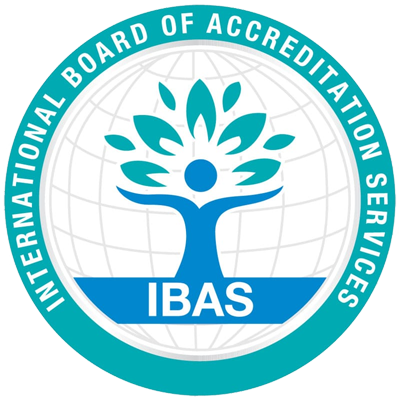Common to all businesses, no matter the size or industry, every organisation strives for an efficient workforce and it is equally important that employees are content in their roles. One way of achieving this objective is cross-training in the workplace.
In the dynamic and ever-evolving modern workplace, an individual’s commitment to adaptation and growth is indispensable. The way we discuss skill development has expanded; words like upskilling, reskilling, and cross skilling define how professionals adapt, grow, and reinvent themselves. This CPD article will look at what cross- training is, the benefits of cross-training and how to effectively implement a cross-training program in your organisation.
What is cross-training for employees?
Cross-training, also referred to as ‘cross-skilling’, is when an organisation develops a multi-skilled workforce by providing training and development to ensure that the employees have the capabilities and knowledge to perform more than one role within the organisation. Employees are trained to perform tasks they were not initially employed to do, leading to increased motivation and workplace proficiency. Upskilling, reskilling, and cross-training can all be considered as part of an individual’s Continuing Professional Development (CPD).
Why is cross-training important in the workplace?
When done correctly, cross-training identifies the skills and tasks needed in a business and works to fill in the gaps across various departments. In our previous article ‘How Can I Make Training More attractive’, we looked at some of the reasons why training and development is so important in the workplace for organisations. Specifically, we learned that it helps:
Improve employee performance as workplace morale and job satisfaction is raised.
Identify knowledge gaps in the workforce.
Allows an organisation to build future leaders from within their own team.
Quality of work improves as employees become more knowledgeable and efficient.
Ongoing training and development increase the capacity for the workforce to adapt and learn new technologies and practices.
When cross-training, the main requirements for employers are to have an efficient, happy workforce. In certain roles, having multi-skilled staff is essential. For example, in small organisations, it is important that one member of staff can perform the duties of another. If someone is on leave or ill, it is vital that one employee can cover the other, to ensure the efficient running of the business. For many organisations, it’s not financially viable to have extra staff to cover for these occasions.
For employees, cross-training in the workplace can give a morale boost. On a personal level, learning new skills and being given extra responsibilities will lead to greater satisfaction and staff retention as employees they feel they are valued part of the organisation. It will also enhance and solidify relationships with team members across the workplace. Undertaking regular CPD through upskilling and cross-skilling can enable employees to broaden their skillset across functions, building the necessary foundation for later career progression.
What are the benefits of cross-training employees?
There are numerous benefits of cross training employees, whether you are the employer or professional and it can be a useful tool to enhance productivity across an organisation, no matter the speciality or industry. Some of the advantages of cross-skilling can include:
It helps develop a more sustainable business. By cross-training employees, employers create a more agile workforce, saving on extra recruitment and salary costs. Cross-skilled employees can wear multiple ‘hats’, ensuring operational continuity and versatility even during unforeseen challenges.
Employees will work more efficiently. Cutting down on delays because another member of staff ‘isn’t in today’. They will have a better understanding of how the organisation works as a whole, not just their own niche. This will lead to better customer service.
Staff retention and workplace morale is boosted. If employees feel good about their job and are content, they will stay longer with an organisation. Knowing their employer is willing to invest time into their Continuing Professional Development makes them feel they are a valued member of the team and improves retention.

